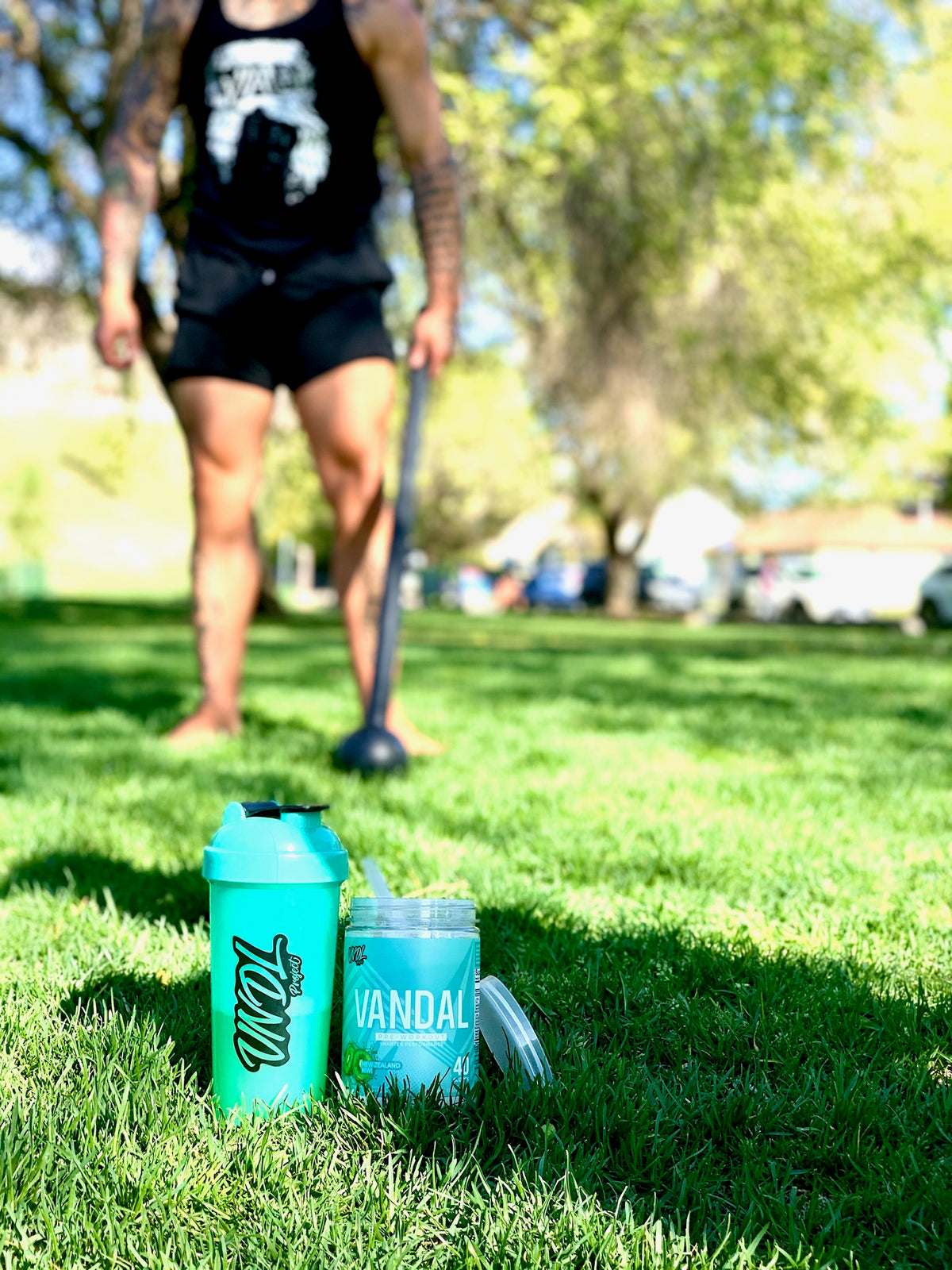Your Cart is Empty

Background
L-carnitine l-tartrate (LCLT) is the biologically active form of Carnitine, an ammonium compound biosynthesized from methionine and lysine. Of the many ingredients included in most supplements these days, LCLT is one of the rare ingredients with a solid foundation of research behind it for use in humans, especially with regards to resistance training.
Scientific effects
LCLT has been postulated to assist in the management of weight loss and metabolic syndrome in a variety of manners. LCLT has been speculated to increase the amount of fat burned during resistance training, and enhance the consumption of fat as a source of fuel. In addition, supplementation of LCLT can assist overweight individuals in managing their weight via mobilization of fatty deposits in adipose tissue (Pekala, et al., 2011).
LCLT supplementation has been observed to favourably alter concentrations of hypoxanthine and xanthine oxidase following exercise, both known to be markers of metabolic stress. This occurs due to 1) the oxidization of AMP to hypoxanthine following the activation of adenylate kinase on a pool of ADP and hydrogen protons, and 2) the proteolytic cleavage of xanthine dehydrogenase, resulting in xanthine oxidase. By altering the concentration of these metabolic stress markers, LCLT prevents the generation of superoxide radicals formed during exercise and the immediate initiation of lipid peroxidation (Spiering et al, 2007).
LCLT supplementation has also been shown to demonstrate a reduction in the muscle damage markers myoglobin and creatine kinase following exercise (Volek et al, 2002) and to attenuate the ammonia accumulation (Broad et al, 2008). Although previous studies found these benefits in subjects using 2 grams of LCLT a day, these previous findings have been supported by Ho et al. (2010), who found that supplementation of LCLT can reduce damage to muscle tissues following exercise, and subsequently optimize muscle tissue repair in subjects using only 1 gram of LCLT daily. I recommend taking 2 grams a day, however, as it is a relatively inexpensive product.
LCLT should be taken with meals, as studies have shown that the effects of carnitine on cardiac muscle contractility in the presence of fats and carbs can lead to a lowering of one’s heart rate at multiple levels of VO2 peak utilization (Broad et al., 2011). Feeding following resistance exercise has been shown to increase androgen receptor content, which can result in increased testosterone uptake due to luteinizing hormone secretion via feedback mechanisms.
The same research has shown that the supplementation of LCLT in individuals resulted in up regulation of androgen receptor (AR) content during a state of rest, possibly resulting in increased protein synthesis. The combination of feeding following resistance exercise and LCLT supplementation suggests that less muscle damage occurs due to this increased AR content, promoting recovery (Kraemer et al, 2006).
Benefits
Safety profile
Please consult with a physician before using L-carnitine l-tartrate or any other supplement.
References
Broad EM, Maughan RJ, Galloway SD (2008). Carbohydrate, protein, and fat metabolism during exercise after oral carnitine supplementation in humans. Int J Sport Nutr Exerc Metab, 18:567–584.
Broad EM, Maughan RJ, Galloway SD (2011). Effects of exercise intensity and altered substrate availability on cardiovascular and metabolic responses to exercise after oral carnitine supplementation in athletes. International Journal of Sport Nutrition and Exercise Metabolism, 2011, 21:385-397.
Ho, J.-Y., Kraemer, W. J., Volek, J. S., Fragala, M. S., Thomas, G. A., Dunn-Lewis, C., Coday, M., et al. (2010). l-Carnitine l-tartrate supplementation favorably affects biochemical markers of recovery from physical exertion in middle-aged men and women. Metabolism Clinical And Experimental, 59(8):1190-9.
Kraemer WJ, Spiering BA, Volek JS, Ratamess NA, Sharman MJ, Rubin MR, French DN, Silvestre R, HatWeld DL, Van Heest JL, Vingren JL, Judelson DA, Deschenes MR, Maresh CM. (2006). Androgenic responses to resistance exercise: effcts of feeding and L-carnitine. Med Sci Sports Exerc, 38:1288–1296.
Pekala, J., Patkowska-Sokoła, B., Bodkowski, R., Jamroz, D., Nowakowski, P., Lochyński, S., & Librowski, T. (2011). L-carnitine - metabolic functions and meaning in humans life. Current Drug Metabolism, 12(7), 667-78.
Spiering, B. A., Kraemer, W. J., Vingren, J. L., Hatfield, D. L., Fragala, M. S., Ho, J.-Y., Maresh, C. M., et al. (2007). Responses of criterion variables to different supplemental doses of L-carnitine L-tartrate. The Journal of Strength & Conditioning Research, 21(1), 259-264.
Volek, Jeff S., Kraemer, Wiliam J., et al. (2002). L-Carnitine L-tartrate supplementation favorably affects markers of recovery from exercise stress. Am J Physio Endocrinol Metab, 282: E474-E482.

L-Tyrosine is an amino acid found that is involved in the production of neurotransmitters like dopamine, adrenaline, and noradrenaline. Through some studies on humans, Tyrosine has evidence showing it can improve the mood and performance of individuals under stressful conditions, improve working memory, and reduce the effects of stress and fatigue on cognitive exhausting tasks.

